The Future of Travel
As barriers and borders between cultures dissolve, as globalisation and technological innovation continue to disrupt the future, more of us feel duty-bound to understand the effect our adventures have upon the natural and cultural environments we visit. Outdoor chatted with one of the pioneers of the ‘leave no trace’ ethos, World Expeditions, about their leadership role in this most progressive of initiatives.
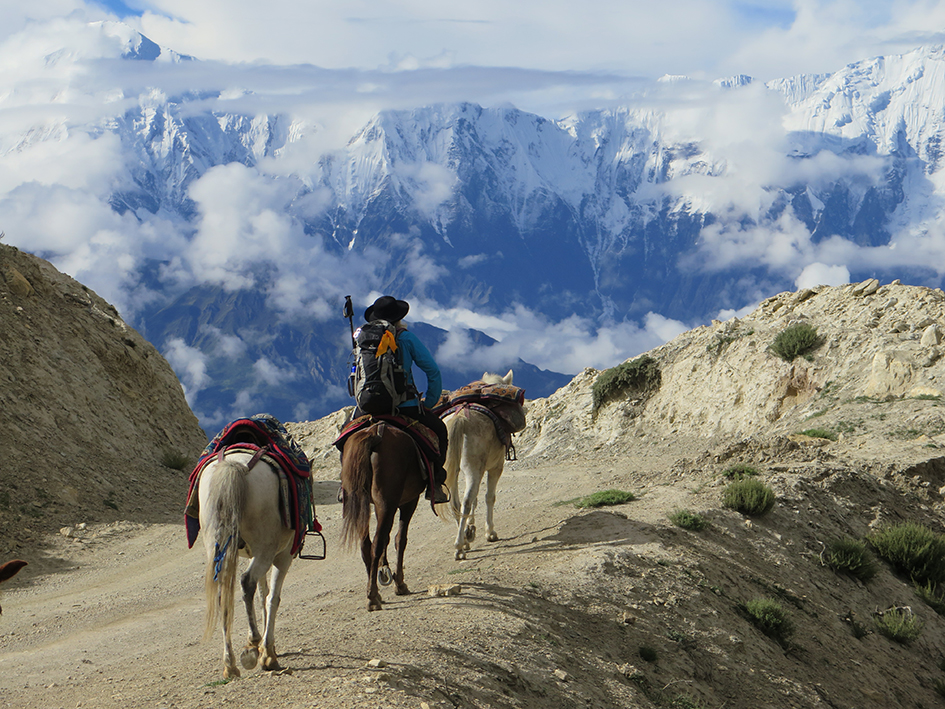


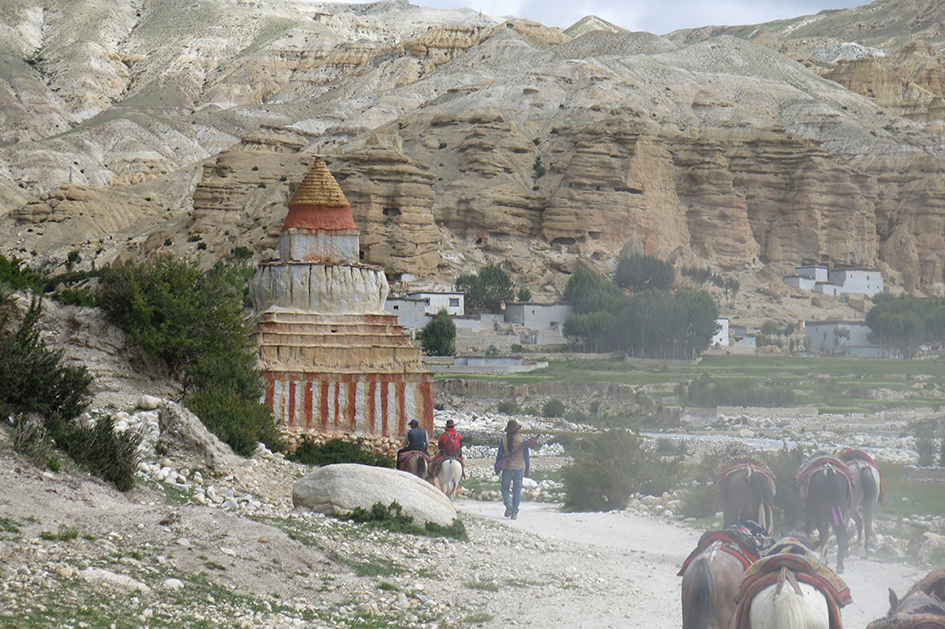
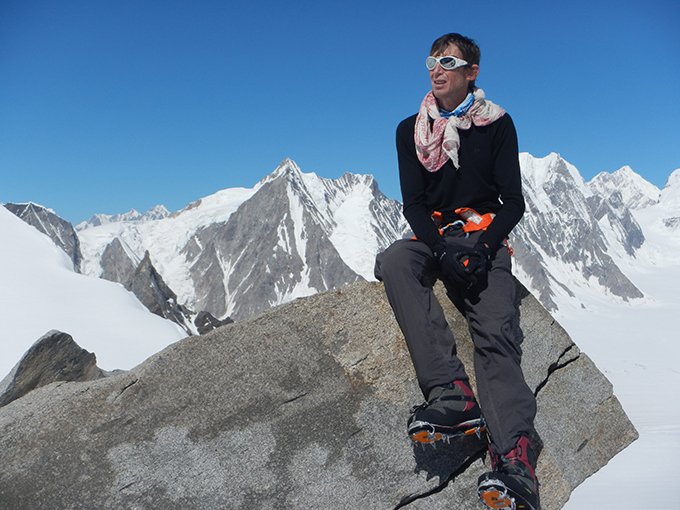
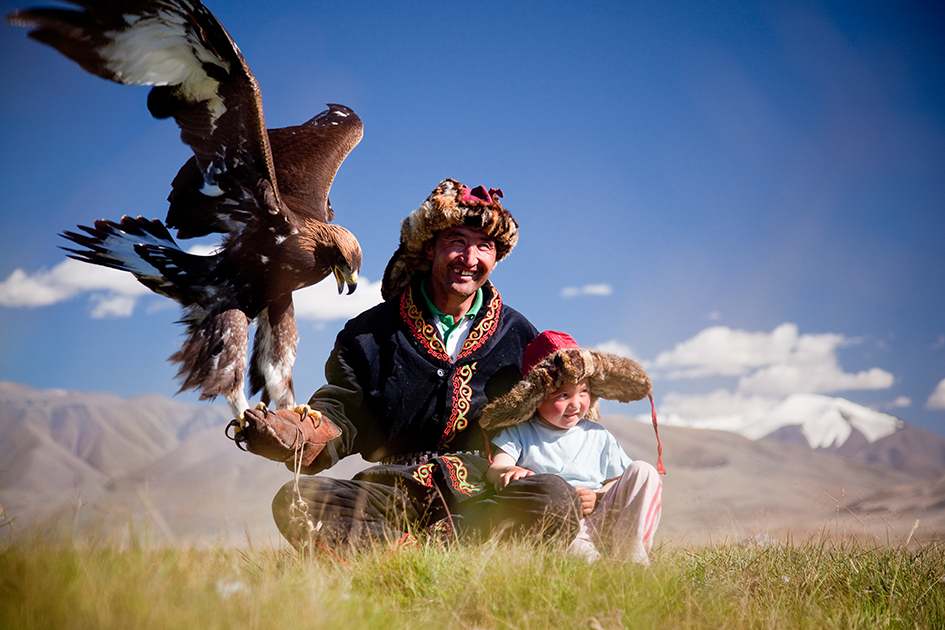

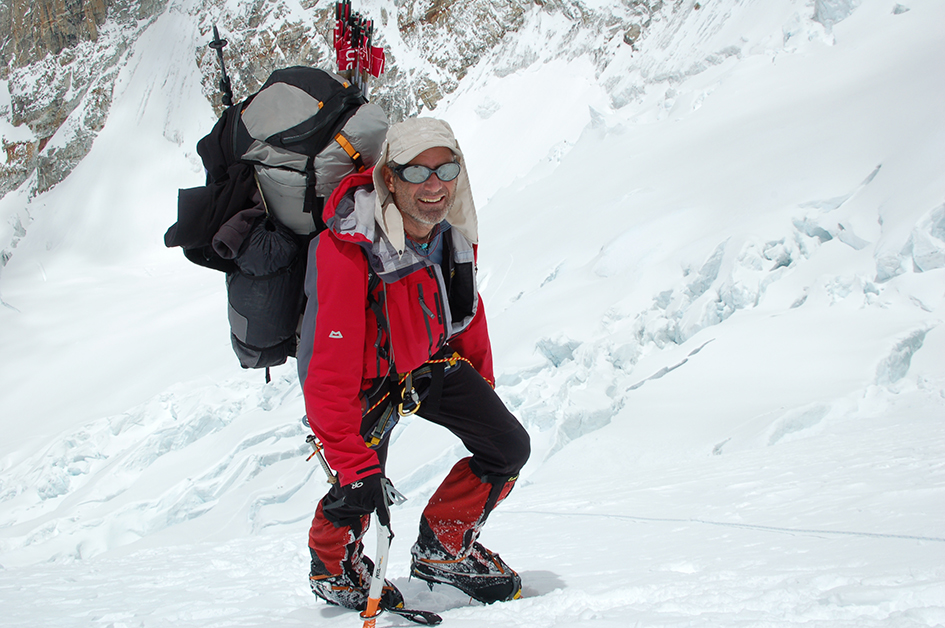
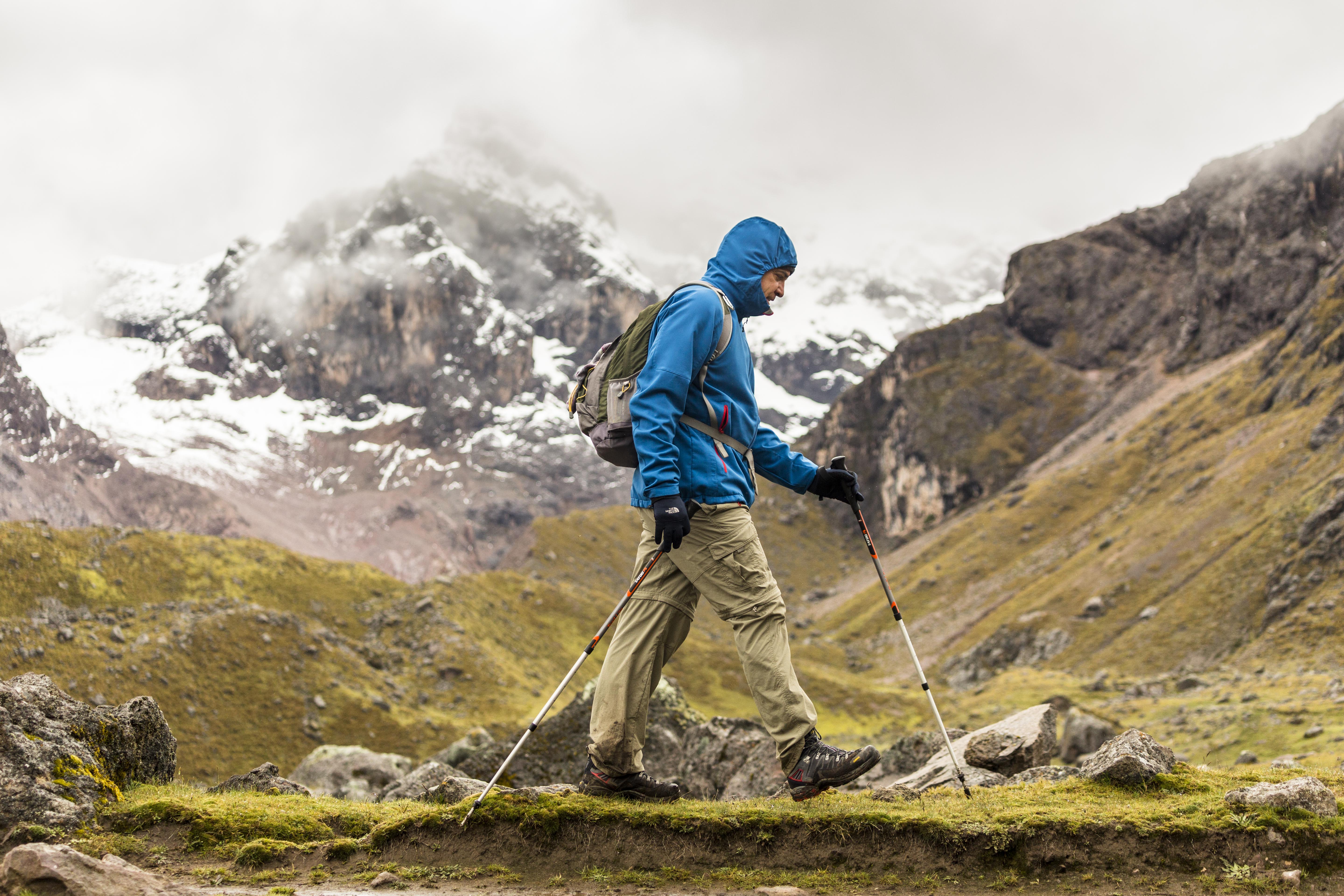
The world is small and it’s getting smaller. Even if we boil things down to our own personal histories, it’s not hard to recognise a shrinking planet. What was once extraordinary is now mainstream. What was once remote is now connected. The 1960s and 70s overlanders who voyaged between Europe and Australia, using all manner of vehicular ingenuity, have, to a large extent, had their bespoke hodge-podge of unique mobility techniques superseded by planes, trains and fancy automobiles. What are the ramifications of this? It’s now a process so streamlined that it’s easy to overlook the substance of why it is we yearn to travel in the first place. It can be like being encased in a cocoon, shielded from the sensory stimulation and spiritual awakening you probably booked your ticket for in the first place.
Upon the launch of a survey distributed among travellers, agents and other industry partners aimed at identifying and distilling key issues and to formulate these into an accurate snapshot of people’s concerns, Word Expeditions Responsible Travel Manager, Donna Lawrence said, “responsible travel sits at the core of our ethos. We work hard to incorporate its principles in all aspects of operations.
“As well as collaborating with leading organisations who share our principles, we believe, collectively, we have a responsibility to educate our travellers and the wider travelling community about the concepts of responsible travel.”
Key responsible travel concepts
As part of their ongoing mission to ensure and facilitate ethical travel, World Expeditions have identified various key factors to incorporate into the experiences they offer.
Environmental sustainability:
It’s important that travel has an overall positive impact on the environment. An individual’s decision to travel carbon neutrally can shift us from being fossil fuel dependent to being reliant on renewable energy.
Child-safe tourism:
Orphanage tourism is a no-go. It’s key to inform on how to make a sustainable difference to child beggars and underline the role we can all play in the war against child trafficking.
Animal friendly tourism:
World Expeditions’ tours ensure animal encounters are not in any way harmful to the animals. It’s vital to identify which “sanctuaries” are truly there for the benefit of the animals in their care and be aware of potential hidden animal cruelty.
Equity and rights for overseas tourism staff:
Part of the company’s mission is to offer advice and guidance on recognising if local travel industry staff are being exploited.
Litter minimisation and management:
It’s critical that travellers leave places as they found them, minimise their footprints and keep wilderness trails litter-free.
Travel as a catalyst for peace:
Ultimately we all wish to spread peace during our travels; this is key to World Expeditions’ philosophy.
Ethical adventure tourism
In keeping with principles that adhere to the strictest standards of animal welfare, World Expeditions recently removed the eagle hunting festival from its Mongolian program.
“Although it is not our place to pass judgement on the long-held cultural tradition of eagle hunting in Mongolia, it is our place to remove tourism activities from our program that do not adhere to the principles of animal welfare,” Donna Lawrence told Outdoor.
“The eagle hunting festival is a spectacle for tourists but the welfare of the eagles and their prey at the festival does not adhere to the universally accepted ‘Five Freedoms’ of animal welfare, on which our animal welfare Code of Conduct is based,” she said.
World Expeditions remains a leading operator in Mongolia, due to the long term involvement of Tim Cope, widely recognized as a leading expert on Mongolia and its surrounds.
Leave no trace
Together with their partners, the North Face, Sea to Summit and WEJUGO, World Expeditions have taken responsible adventure tourism from mere concept to a set of principles in action. Together, they’ve identified seven maxims to which all visitors to remote wilderness areas should abide. These seem straightforward at first blush, but when you reflect on them, it’s clear they require adoption in every phase of trip planning and execution. They should direct and inform every aspect of adventures to come. As businesses, the proponents of the Leave No Trace philosophy build these seven tenets into all stages of their product or trip development and creation. They then encourage their clients and partners to similarly adopt these precepts.
World Expeditions spokesperson, Michele Eckersley, recently told Outdoor, “since our inception in 1975, we have informally followed the principles of Leave No Trace by minimising the negative impact we have on wilderness areas and, where possible, leaving a positive impact. For the past two decades we have been not only following the globally recognised 7 Leave No Trace Principles, but we have also been promoting and educating travellers and industry about the Principles.” The principles are as follows:
1. Plan ahead and prepare
2. Travel and camp on durable surfaces
3. Dispose of waste properly
4. Leave what you find
5. Minimise campfire impact
6. Respect wildlife
7. Be considerate of your hosts and others
“We believe it is important to lead by example,” Michele said. “It is the responsibility of travel operators taking travellers into wilderness areas to help educate and inspire travellers by implementing the 7 Leave No Trace Principles.”





